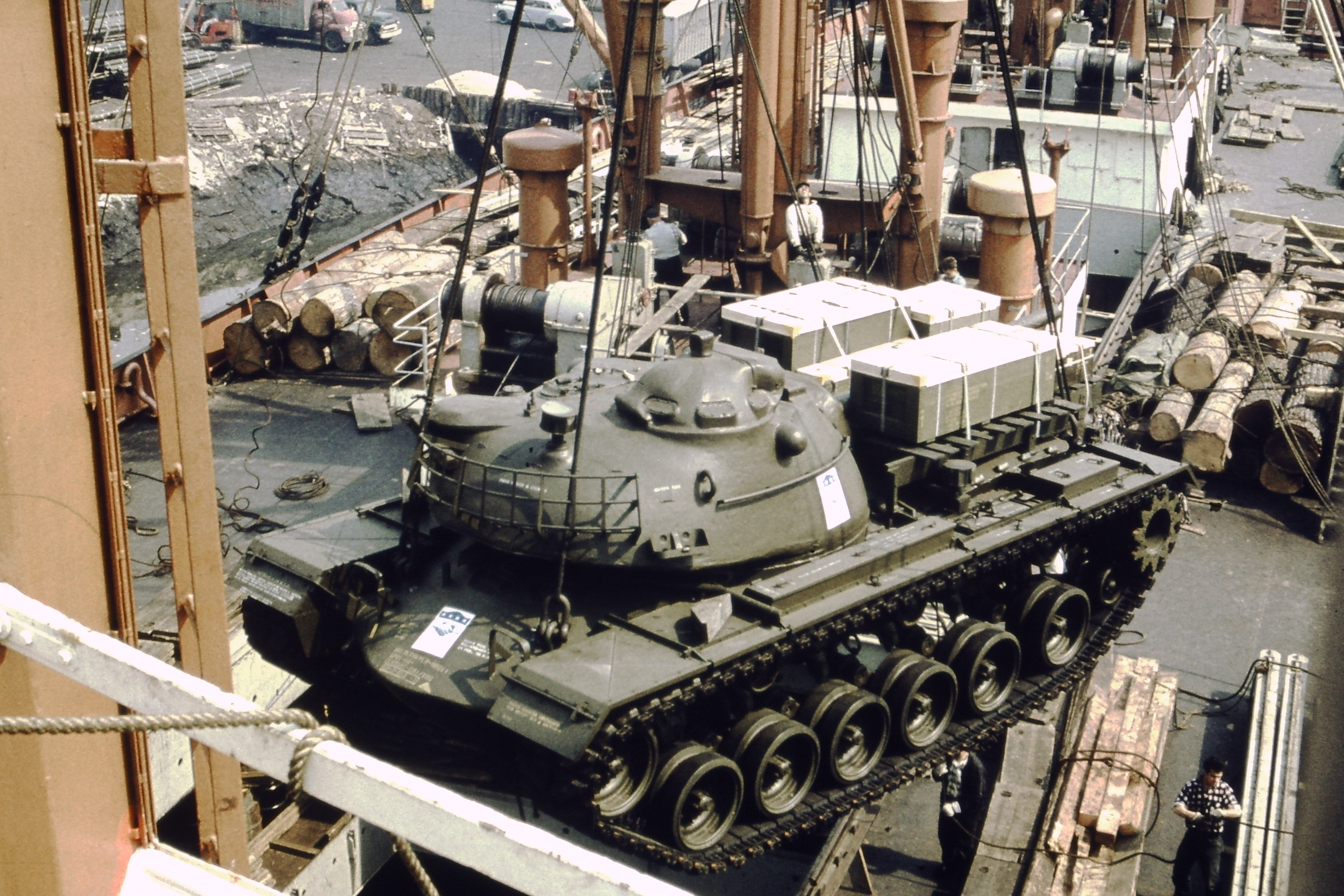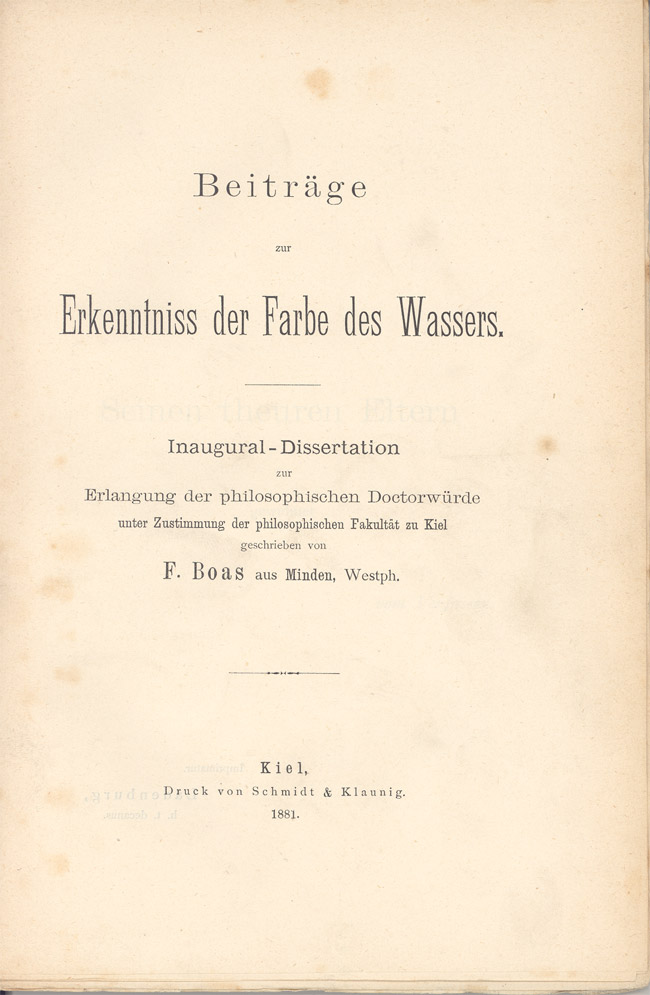|
Alec Thomas
Alec Thomas was born around 1894 near Alberni, British Columbia, Canada. He was a fisherman, trapper, longshoreman, interpreter, self-taught anthropologist, and Tseshaht politician. Alec had a wife named Eva and also had a son named Bob. With him being a trapper he would lay traps for 14 miles between 2 bodies of water, the Somass River and Sprout Lake. At the end of the day, he would check each one with his wife and son, walking through his miles of traps. This is what he did for a living, hunting different animals such as fish and beavers. Among his tribe, Alec was also known to be like a walking music recorder of Tseshaht songs. He was the one people turned to if they forgot or couldn't recall how a certain song went. Tseshaht Nation 'Traditional Life'' According to the migration patterns of animals and the time of the season, the Tseshaht would travel in the same order as the animals to hunt. Important Society and Politician Role Alec didn't attend any prestige school but ... [...More Info...] [...Related Items...] OR: [Wikipedia] [Google] [Baidu] |
Port Alberni
Port Alberni () is a city located on Vancouver Island in the province of British Columbia, Canada. The city lies within the Alberni Valley at the head of the Alberni Inlet, Vancouver Island's longest inlet. It is the location of the head offices of the Alberni-Clayoquot Regional District. Port Alberni currently has a total population of 18,259. Port Alberni is served by the coast-spanning Island Highway system, the Island Rail Corridor, and a local airport. History Port Alberni was named for Captain Pedro de Alberní y Teixidor, Don Pedro de Alberní, a Spain, Spanish officer, who commanded Fort San Miguel at Nootka Sound on Vancouver Island's west coast from 1790 to 1792. Port Alberni and the West Coast of Vancouver Island is the traditional territory of the Tseshaht First Nation, Tseshaht and Hupacasath First Nation, Hupacasath First Nations of the Nuu-chah-nulth people, Nuu-Chah-Nulth Tribal Council. The Nuu-chah-nulth were previously called the Nootka. Many place names in ... [...More Info...] [...Related Items...] OR: [Wikipedia] [Google] [Baidu] |
British Columbia
British Columbia (commonly abbreviated as BC) is the westernmost Provinces and territories of Canada, province of Canada, situated between the Pacific Ocean and the Rocky Mountains. It has a diverse geography, with rugged landscapes that include rocky coastlines, sandy beaches, forests, lakes, mountains, inland deserts and grassy plains, and borders the province of Alberta to the east and the Yukon and Northwest Territories to the north. With an estimated population of 5.3million as of 2022, it is Canada's Population of Canada by province and territory, third-most populous province. The capital of British Columbia is Victoria, British Columbia, Victoria and its largest city is Vancouver. Vancouver is List of census metropolitan areas and agglomerations in Canada, the third-largest metropolitan area in Canada; the 2021 Canadian census, 2021 census recorded 2.6million people in Metro Vancouver Regional District, Metro Vancouver. The First Nations in Canada, first known human inhabi ... [...More Info...] [...Related Items...] OR: [Wikipedia] [Google] [Baidu] |
Longshoreman
A stevedore (), also called a longshoreman, a docker or a dockworker, is a waterfront manual laborer who is involved in loading and unloading ships, trucks, trains or airplanes. After the shipping container revolution of the 1960s, the number of dockworkers required declined by over 90%. Etymology The word ''stevedore'' originated in Portugal or Spain, and entered the English language through its use by sailors. It started as a phonetic spelling of ''estivador'' ( Portuguese) or ''estibador'' (Spanish), meaning ''a man who loads ships and stows cargo'', which was the original meaning of ''stevedore'' (though there is a secondary meaning of "a man who stuffs" in Spanish); compare Latin ''stīpāre'' meaning ''to stuff'', as in ''to fill with stuffing''. In Ancient and modern Greek, the verb στοιβάζω (stevazo) means pile up. In the United Kingdom, people who load and unload ships are usually called ''dockers''; in Australia, they are called ''dockers'' or ''wharfies''; ... [...More Info...] [...Related Items...] OR: [Wikipedia] [Google] [Baidu] |
Tseshaht First Nation
Tseshaht First Nation is an amalgamation of many tribes up and down Alberni Inlet and in the Alberni Valley of central Vancouver Island in the Canadian province of British Columbia. They are a member of the Nuu-chah-nulth Tribal Council which includes all other Nuu-chah-nulth-aht peoples except the Pacheedaht First Nation. Population There are 1,205 Tseshaht. The main reserve community is located in Port Alberni, British Columbia. They became the area's dominant tribe through historical warfare. The Tseshaht First nation is one of 14 that make up the Nuu-chah-nulth culture. Their language is a member of the Wakashan family. Creation story Tseshaht oral history tells that their people were first created on Benson Island, British Columbia. In 2012, an interpretive display about the importance of the island was installed in cooperation with Parks Canada. The site is marked by a tall wooden carving by Tseshaht artist Gordon Dick. Notable people * Alec Thomas born around 1894 ... [...More Info...] [...Related Items...] OR: [Wikipedia] [Google] [Baidu] |
Edward Sapir
Edward Sapir (; January 26, 1884 – February 4, 1939) was an American Jewish anthropologist- linguist, who is widely considered to be one of the most important figures in the development of the discipline of linguistics in the United States. Sapir was born in German Pomerania, in what is now northern Poland. His family emigrated to the United States of America when he was a child. He studied Germanic linguistics at Columbia, where he came under the influence of Franz Boas, who inspired him to work on Native American languages. While finishing his Ph.D. he went to California to work with Alfred Kroeber documenting the indigenous languages there. He was employed by the Geological Survey of Canada for fifteen years, where he came into his own as one of the most significant linguists in North America, the other being Leonard Bloomfield. He was offered a professorship at the University of Chicago, and stayed for several years continuing to work for the professionalization of t ... [...More Info...] [...Related Items...] OR: [Wikipedia] [Google] [Baidu] |
Franz Boas
Franz Uri Boas (July 9, 1858 – December 21, 1942) was a German-American anthropologist and a pioneer of modern anthropology who has been called the "Father of American Anthropology". His work is associated with the movements known as historical particularism and cultural relativism. Studying in Germany, Boas was awarded a doctorate in 1881 in physics while also studying geography. He then participated in a geographical expedition to northern Canada, where he became fascinated with the culture and language of the Baffin Island Inuit. He went on to do field work with the indigenous cultures and languages of the Pacific Northwest. In 1887 he emigrated to the United States, where he first worked as a museum curator at the Smithsonian, and in 1899 became a professor of anthropology at Columbia University, where he remained for the rest of his career. Through his students, many of whom went on to found anthropology departments and research programmes inspired by their mentor, Boas pr ... [...More Info...] [...Related Items...] OR: [Wikipedia] [Google] [Baidu] |
Potlatch
A potlatch is a gift-giving feast practiced by Indigenous peoples of the Pacific Northwest Coast of Canada and the United States,Harkin, Michael E., 2001, Potlatch in Anthropology, International Encyclopedia of the Social and Behavioral Sciences, Neil J. Smelser and Paul B. Baltes, eds., vol 17, pp. 11885-11889. Oxford: Pergamon Press. among whom it is traditionally the primary governmental institution, legislative body, and economic system.Aldona Jonaitis. ''Chiefly Feasts: The Enduring Kwakiutl Potlatch''. University of Washington Press 1991. . This includes the Heiltsuk, Haida, Nuxalk, Tlingit, Makah, Tsimshian, Nuu-chah-nulth, Kwakwaka'wakw, and Coast Salish cultures. Potlatches are also a common feature of the peoples of the Interior and of the Subarctic adjoining the Northwest Coast, although mostly without the elaborate ritual and gift-giving economy of the coastal peoples (see Athabaskan potlatch). A potlatch involves giving away or destroying wealth or valua ... [...More Info...] [...Related Items...] OR: [Wikipedia] [Google] [Baidu] |
1890s Births
Year 189 ( CLXXXIX) was a common year starting on Wednesday (link will display the full calendar) of the Julian calendar. At the time, it was known as the Year of the Consulship of Silanus and Silanus (or, less frequently, year 942 ''Ab urbe condita''). The denomination 189 for this year has been used since the early medieval period, when the Anno Domini calendar era became the prevalent method in Europe for naming years. Events By place Roman Empire * Plague (possibly smallpox) kills as many as 2,000 people per day in Rome. Farmers are unable to harvest their crops, and food shortages bring riots in the city. China * Liu Bian succeeds Emperor Ling, as Chinese emperor of the Han Dynasty. * Dong Zhuo has Liu Bian deposed, and installs Emperor Xian as emperor. * Two thousand eunuchs in the palace are slaughtered in a violent purge in Luoyang, the capital of Han. By topic Arts and sciences * Galen publishes his ''"Treatise on the various temperaments"'' (aka ... [...More Info...] [...Related Items...] OR: [Wikipedia] [Google] [Baidu] |
Indigenous Leaders In British Columbia
Indigenous may refer to: *Indigenous peoples *Indigenous (ecology), presence in a region as the result of only natural processes, with no human intervention * Indigenous (band), an American blues-rock band * Indigenous (horse), a Hong Kong racehorse * ''Indigenous'' (film), Australian, 2016 See also *Disappeared indigenous women *Indigenous Australians *Indigenous language *Indigenous religion Indigenous religions is a category used in the study of religion to demarcate the religious belief systems of communities described as being " indigenous". This category is often juxtaposed against others such as the " world religions" and "new ... * Indigenous peoples in Canada * Native (other) * * {{disambiguation ... [...More Info...] [...Related Items...] OR: [Wikipedia] [Google] [Baidu] |
Nuu-chah-nulth People
The Nuu-chah-nulth (; Nuučaan̓uł: ), also formerly referred to as the Nootka, Nutka, Aht, Nuuchahnulth or Tahkaht, are one of the indigenous peoples of the Pacific Northwest Coast in Canada. The term Nuu-chah-nulth is used to describe fifteen related tribes whose traditional home is on the west coast of Vancouver Island. In precontact and early post-contact times, the number of tribes was much greater, but the smallpox epidemics and other consequences of settler colonization resulted in the disappearance of some groups and the absorption of others into neighbouring groups. The Nuu-chah-nulth are related to the Kwakwaka'wakw, the Haisla, and the Ditidaht First Nation. The Nuu-chah-nulth language belongs to the Wakashan family. The governing body is the Nuu-chah-nulth Tribal Council. History Contact with Europeans When James Cook first encountered the villagers at Yuquot in 1778, they directed him to "come around" (Nuu-chah-nulth ''nuutkaa'' is "to circle around") ... [...More Info...] [...Related Items...] OR: [Wikipedia] [Google] [Baidu] |




_a_Kwakwaka'wakw_big_house.jpg)

